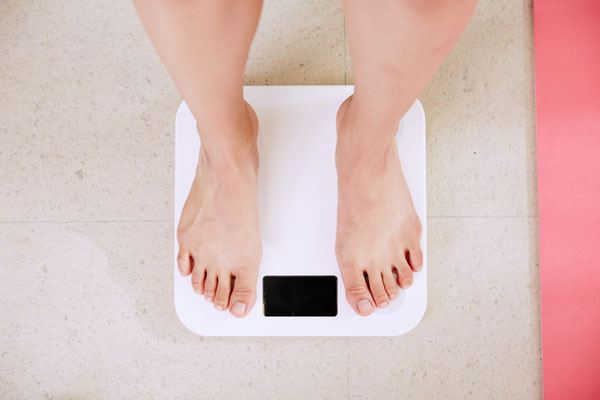Over the past few years many individuals have started following a system of beliefs referred to as diet culture that prioritize their weight over well-being. Diet culture is the glorification of losing weight at all costs.
In our society, we see diet culture almost everywhere we turn:
- Individuals discussing their newest diet to lose weight;
- Justification of eating what we want because we “haven’t eaten all day” or “had a intense workout this morning”;
- The never-ending cycle of thought, “I’ll start my diet/exercise routine on Monday/tomorrow”;
- Routing my self worth in my weight, size of my jeans/clothes, or how little I can eat;
- Advertisements for weight loss products/diet programs/exercise equipment that tell us we are not good enough if we are not pursuing weight loss or are not currently thin/muscular;
- Complimenting others on their size/shape/weight loss;
- Comparing our bodies to others’ and deriving worth (ie. “I am better than her because I am thinner” or “She must be better than me because she is thinner”)
Diet and body physiology are all inherently unique so practices related to one individual’s diet can’t be applied to everyone. Corporations use a ‘one-size-fits-all’ approach when it comes to diet because they can sell those packages at mass quantities. This unfortunately leads to a lot of negative dependencies and false philosophies on diet and health. Because we have been immersed in this way of thinking for so long, these messages often go unnoticed. When we open our minds and take a step back however, we can see just how common topics around weight and size are in society. Body image is often construed to sell products that are aimed to create dependence.
It is important to remember that many people profit off of our feelings of insecurity related to body image. The belief that we have to be thinner or change our appearance benefits a multi-million dollar market. When we feel self-conscious or have negative feelings toward our body or appearance, we are more likely to buy a diet product, a “low calorie” food item, a piece of exercise equipment, shape wear, an exercise program, a gym membership, etc.
Develop Healthy Eating Habits
By recognizing these messages and seeing them more clearly for what they are we can more easily move past them and decide for ourselves how to maintain a healthy lifestyle. Identifying negative behaviors in regards to your diet can help you develop better habits and ensure you maintain a diet that’s healthy for you. Do we want to base our worth on the size and shape of our body? Can we be happy if we do not live up to others’ standards of beauty? Can we be confident in who we are, regardless of our body shape and size?
A healthy diet often starts with making more informed decisions about what’s best for your body. Behavioral Therapy is an enlightening practice to those uneducated on the nuances of diet and physiology. It is important to always act in the best interest for your individual body, and listen to yourself. Behavioral Therapists at Behavioral Nutrition will challenge you to look closely at your existing habits and find ways that they can be improved.
Next time you see an ad or overhear a conversation about weight loss/diet/exercise, it would be a good idea to ask yourself ‘How do I feel when I see/hear this?’ And ‘How do I want to proceed?’ If you feel you could use more guidance or support in working to identify ways to develop good habits related to your diet and managing negative emotions, seeking support from a Behavioral Therapist may be a helpful place to start.




